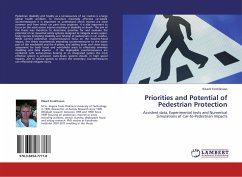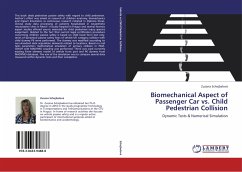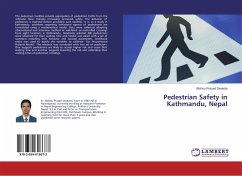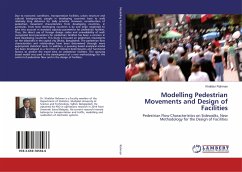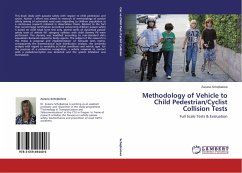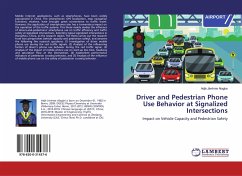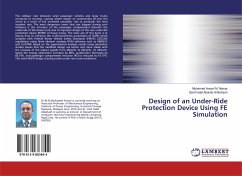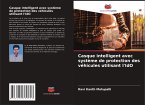Pedestrian disability and fatality as a consequence of car crashes is a large global health problem. To introduce maximally effective car-based countermeasures it is important to understand which injuries are most common and from which car parts they originate. It is also important to focus on the most severe injuries resulting in disability or death. The aim of this thesis was therefore to determine priorities for and evaluate the potential of car-mounted safety systems designed to mitigate severe upper-body injuries (including disability and fatality) of pedestrians in car crashes. While current pedestrian countermeasures focus on the head-to-hood impact, this thesis recommends extending countermeasures to the lower part of the windshield and the A-pillars, and adding brain and chest injury assessment for both hood and windshield areas to effectively minimize disabling and fatal injuries. . If the deployable countermeasures are combined with autonomous braking in an integrated system the most effective system is achieved. Auto-brake systems should, in high speed impacts, aim to reduce speeds to where the secondary countermeasures can effectively mitigate injury.
Bitte wählen Sie Ihr Anliegen aus.
Rechnungen
Retourenschein anfordern
Bestellstatus
Storno

